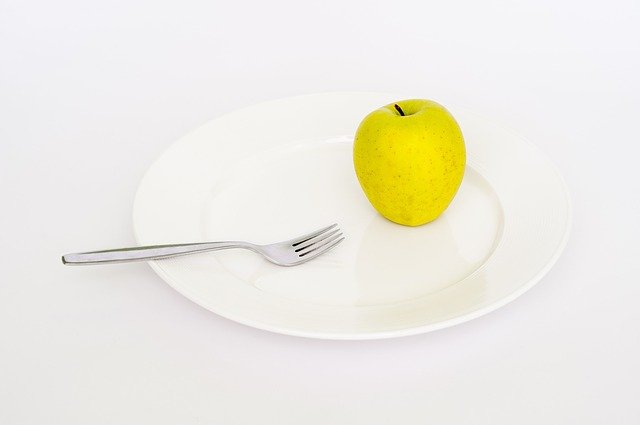
3 big harms of yo-yo dieting you should know
Many people who try to lose weight are familiar to the term yo-yo dieting.
Yo-yo dieting is repeated cycles of weight loss and gain. Sometimes people do this for a short-term goal.
For example, you have a big event coming up and need to fit into that great dress. So, you crash diet ─ only to gain it all back again.
Recent research shows yo-yo dieting can hurt our health. Here are three big harms of it:
First, it may harm your heart health.
Researchers from Mayo Clinic find that yo-yo dieting, or weight cycling, can put a huge burden on one’s heart.
To address the issue, one needs to follow a heart-healthy diet, such as Mediterranean diet.
The diet should include fruits, vegetables, whole grains, fish, olive oil, nuts, low-fat dairy and use herbs and spices instead of salt to flavor foods.
Second, it may increase your stroke risk.
A recent study published in the New England Journal of Medicine finds that in people with pre-existing coronary artery disease, yo-yo dieting could increase stroke risk and other heart conditions such as heart attack.
The researchers show that those with the largest weight changes had 136% more strokes, 117% more heart attacks, and 124% more deaths than those with the smallest shifts in weight.
The team suggests that for people already at high risk due to coronary disease, weight fluctuation is quite dangerous.
They say that new approach is needed to help Americans keep weight off, rather than having it go up and down.
Third, it may cause extra weight gain.
ironically, people who experience yo-yo dieting may eventually gain more weight.
This is because the brain interprets the diets as short famines and urges the person to store more fat for future shortages.
One study published in the journal Evolution, Medicine and Public Health shows that animals respond to the risk of food shortage by gaining weight.
That is why is why garden birds are fatter in the winter when seeds and insects are hard to find.
The researcher’s math models predict that the average weight gain for dieters will be greater than those who never diet.
This is because non-dieters know that the food supply is reliable so there is less need for the insurance of fat stores.
But yo-yo dieting only tells the brain to eat more to store more fats.
The research also shows that weight gain does not always mean that people’s physiology is malfunctioning or that they are being overwhelmed by unnaturally sweet tastes.
Instead, the brain may function perfectly, but uncertainty about the food supply could trigger the evolved response to gain weight.
So, if you want to lose weight, try to keep it steady. To achieve this, eat only slightly less than you should, all the time, and do physical exercise.
This is more helpful for you to reach a healthy weight.
Copyright © 2018 Knowridge Science Report. All rights reserved.



